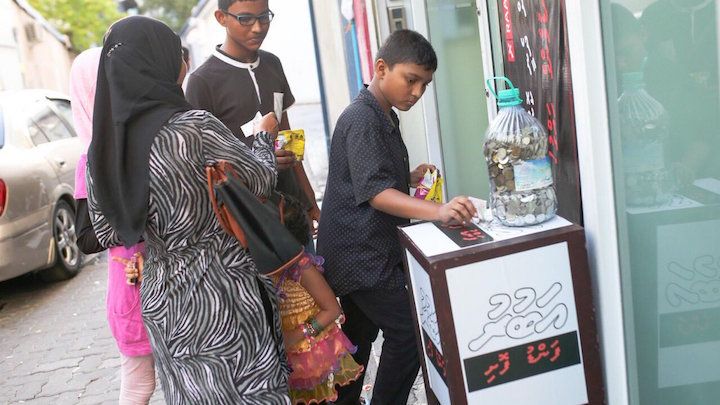Raajje TV pays MVR1m defamation fine

05 May 2017, 09:00
Raajje TV on Thursday paid an MVR1 million (US$64,850) fine imposed by the broadcasting regulator for airing a speech that was deemed defamatory towards President Abdulla Yameen.
The broadcaster raised the money through an extensive fundraising campaign that saw two opposition lawmakers donate MVR100,000 (US$6,485) between themselves.
The hefty fine came on the day the opposition-aligned station paid an MVR200,000 (US$12,970) fine imposed in March in the first punitive action taken under the controversial 2016 defamation law.
Raajje TV’s Chief Operating Officer Hussain Fiyaz Moosa told the Maldives Independent that the station plans to appeal the second fine imposed by the Maldives Broadcasting Commission.
Become a member
Get full access to our archive and personalise your experience.
Already a member?
Discussion
No comments yet. Be the first to share your thoughts!
No comments yet. Be the first to join the conversation!
Join the Conversation
Sign in to share your thoughts under an alias and take part in the discussion. Independent journalism thrives on open, respectful debate — your voice matters.




